Search
Remove Ads
Advertisement
Search Results
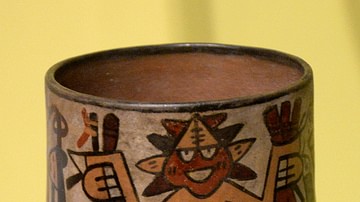
Article
Nazca Pottery
The pottery of the Nazca civilization, which flourished in ancient Peru between 200 BCE and 600 CE, is amongst the most distinctive art produced by any civilization from antiquity. Endlessly inventive both in form and in its use of strong...
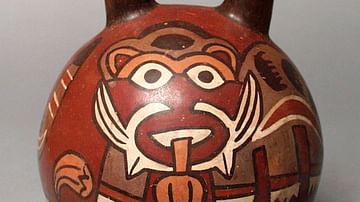
Definition
Nazca Civilization
The Nazca civilization flourished on the southern coast of Peru between 200 BCE and 600 CE. They settled in the Nazca and other surrounding valleys with their principal religious and urban sites being Cahuachi and Ventilla, respectively...
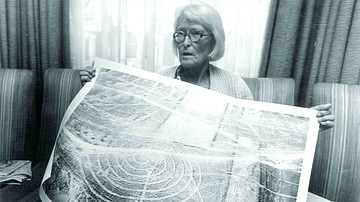
Article
The Nazca Lines: A Life's Work
The World Heritage-listed Nazca lines are a well-known part of the ancient heritage of Peru. One woman spent over 50 years studying and protecting them. Ana Maria Cogorno Mendoza shares the story of Dr Maria Reiche. The lines and geoglyphs...
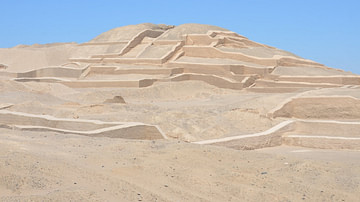
Definition
Cahuachi
Cahuachi, located on the southern coast of Peru, was the most important sacred site of the Nazca civilization. The Nazca flourished between 200 BCE and 600 CE, and Cahuachi covers a similar time period. The site, which was used for harvest...
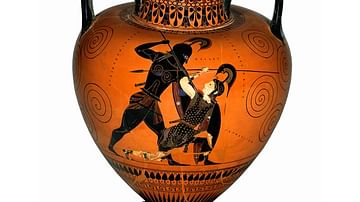
Definition
Pottery in Antiquity
Pottery is the first synthetic material ever created by humans. The term refers to objects made of clay that have been fashioned into the desired shape, dried, and either fired or baked to fix their form. Due to its abundance and durability...

Definition
Ancient Greek Pottery
Greek pottery has four main types: Geometric, Corinthian, Athenian Black-figure, and Athenian red-figure pottery. Pottery vessels were made for everyday use such as the two-handled amphora for storage, the single-stem kylix cup for drinking...
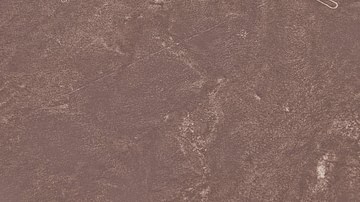
Article
Nazca Lines
The Nazca civilization flourished in southern Peru between 200 BCE and 600 CE and amongst their most famous legacies are the geoglyphs and lines - often referred to as Nazca Lines - along the eastern coast of Peru and northern Chile. The...
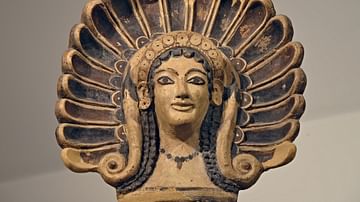
Definition
Etruscan Pottery
Etruscan pottery, produced over five centuries, was nothing if not varied. Indigenous wares such as the glossy black bucchero were made alongside red- and black-figure pottery imitating, yet modifying those produced in the Greek world. Geometric...
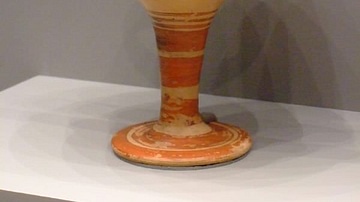
Article
Mycenaean Pottery
The pottery of the Mycenaean civilization (1550-1050 BCE), although heavily influenced by the earlier Minoans based on Crete, nevertheless, added new pottery shapes to the existing range and achieved its own distinctive decorative style which...
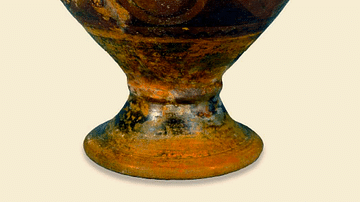
Definition
Ancient Celtic Pottery
The pottery of the ancient Celts, although produced over great distances in space and time, shares several common features no matter where it was made, illustrating that there was contact between people living as far apart as Brittany and...